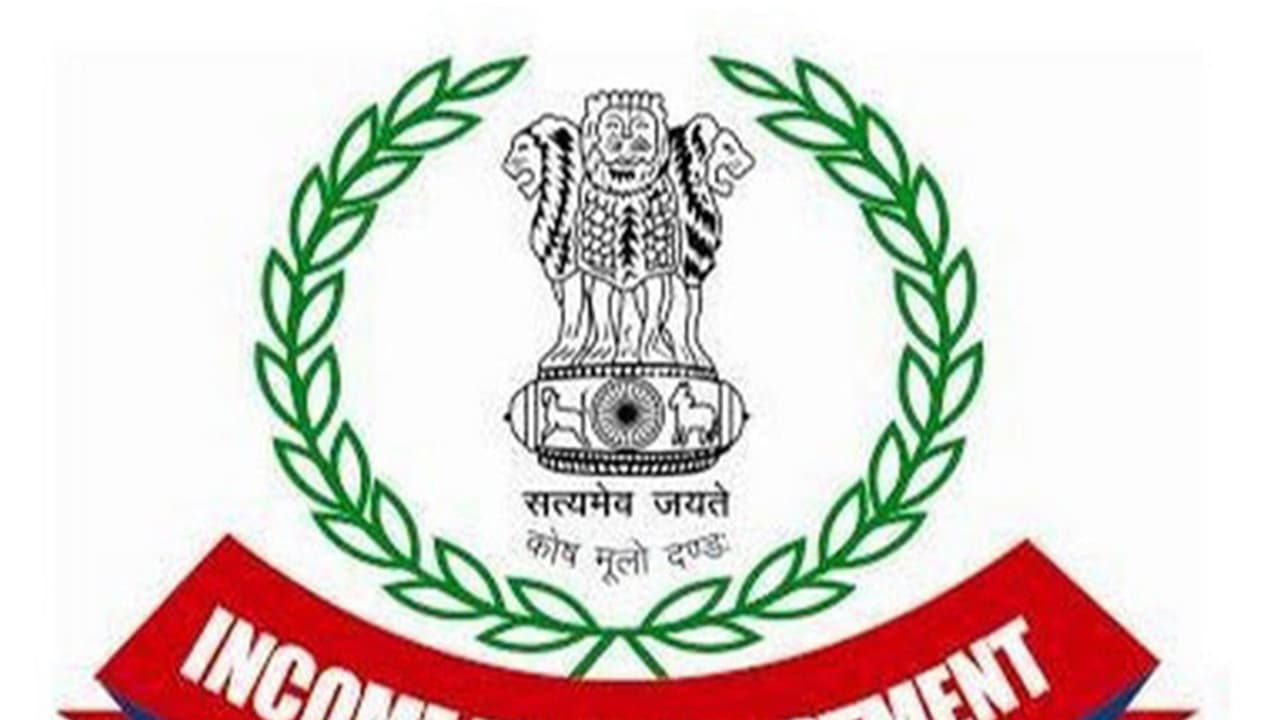Business
India Champions Digital Tax Reform to Adapt to Global Economy

India has emerged as a global leader in adapting tax laws to the digital economy, according to statements made by a senior official from the Central Board of Direct Taxes (CBDT). Varunesh Mishra, Joint Commissioner of Income Tax, highlighted key reforms that include the introduction of the Significant Economic Presence (SEP) framework, the implementation of Tax Deducted at Source (TDS) on e-commerce transactions, and a comprehensive structure for taxing virtual digital assets. These initiatives aim to ensure fair and transparent revenue distribution in a rapidly evolving digital landscape.
During the International Tax Conference 2025 in New Delhi, Mishra emphasized the importance of adapting taxation to the challenges posed by borderless digital businesses. “The digital economy is now all-pervasive,” he stated, noting that entities can operate across borders without any physical presence, complicating the determination of where profits should be taxed.
Pioneering Digital Tax Reforms
India’s proactive approach to tax reform began in 2018 with the introduction of SEP, which was refined in 2020 and operationalized in 2021. This measure allows India to tax profits from foreign digital entities based on their economic activity and user base within the country, even in the absence of a physical office. Mishra also mentioned the Equalization Levy, originally intended to tax cross-border digital transactions, which has been withdrawn as India aligns with global frameworks such as the OECD’s Pillar One and Pillar Two initiatives.
On the domestic front, significant steps include the introduction of TDS on e-commerce transactions under Section 194-O. This ensures that digital platforms contribute fairly to India’s tax ecosystem. Furthermore, in 2022, India implemented a taxation framework for virtual digital assets (VDAs), which encompasses cryptocurrencies and non-fungible tokens (NFTs). This framework imposes a 30% tax on income from the transfer of such assets and a 1% TDS on payments related to their sale, positioning India among the first major economies to provide a comprehensive regulation of digital asset taxation.
Ongoing Challenges and Global Cooperation
Despite these advancements, Mishra acknowledged ongoing challenges, particularly regarding profit attribution across jurisdictions. “We must ensure our tax policies encourage innovation while maintaining fairness and equity,” he remarked. As global cooperation through the OECD progresses, India is striving to balance innovation with accountability, setting a precedent for emerging economies navigating the complexities of digital taxation.
The broader economic context was underscored by Mukul Bagla, Chair of the Direct Tax Committee at the PHDCCI, who noted that shifts in global trade, manufacturing, and geopolitics have positioned India as a central player in international tax discussions. Bagla highlighted the government’s efforts to streamline tax laws, reduce litigation, and improve dispute resolution processes. These initiatives align with India’s ambition to become a developed, innovation-driven economy by 2047.
The conference featured expert-led discussions on international taxation, Base Erosion and Profit Shifting (BEPS) 2.0, transfer pricing mechanisms, cross-border tax challenges, and emerging trends in global tax governance. As India continues to lead in digital tax reforms, its role in shaping future tax policies is expected to grow in significance, influencing how nations approach the taxation of the digital economy.
-

 World5 months ago
World5 months agoSBI Announces QIP Floor Price at ₹811.05 Per Share
-

 Lifestyle5 months ago
Lifestyle5 months agoCept Unveils ₹3.1 Crore Urban Mobility Plan for Sustainable Growth
-

 Science4 months ago
Science4 months agoNew Blood Group Discovered in South Indian Woman at Rotary Centre
-

 World5 months ago
World5 months agoTorrential Rains Cause Flash Flooding in New York and New Jersey
-

 Top Stories5 months ago
Top Stories5 months agoKonkani Cultural Organisation to Host Pearl Jubilee in Abu Dhabi
-

 Sports4 months ago
Sports4 months agoBroad Advocates for Bowling Change Ahead of Final Test Against India
-

 Science5 months ago
Science5 months agoNothing Headphone 1 Review: A Bold Contender in Audio Design
-

 Top Stories5 months ago
Top Stories5 months agoAir India Crash Investigation Highlights Boeing Fuel Switch Concerns
-

 Business5 months ago
Business5 months agoIndian Stock Market Rebounds: Sensex and Nifty Rise After Four-Day Decline
-

 Sports4 months ago
Sports4 months agoCristian Totti Retires at 19: Pressure of Fame Takes Toll
-

 Politics5 months ago
Politics5 months agoAbandoned Doberman Finds New Home After Journey to Prague
-

 Top Stories5 months ago
Top Stories5 months agoPatna Bank Manager Abhishek Varun Found Dead in Well









